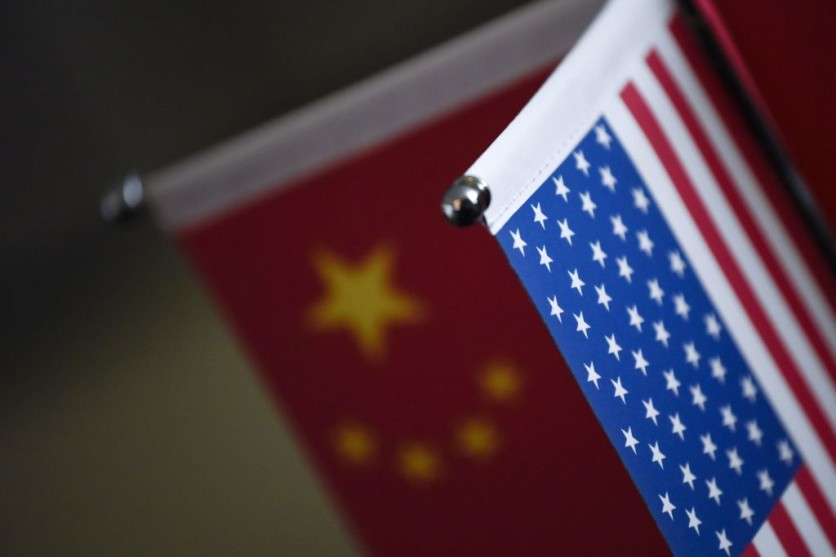Chinese hacker group 'Volt Typhoon' have allegedly targeted American infrastructures such as power, communications, and water utilities. Moves meant to reportedly prepare and sow discord in a possible U.S.-China conflict, as per a report by Interesting Engineering, citing an earlier Washington Post article.
These allegations reportedly came from U.S. officials, wherein the incursions are stated as a part of a larger attempt to devise strategies for causing havoc or complicating matters in the case of a battle between the United States and China over Taiwan.
According to the reported experts, "hackers affiliated with China's People's Liberation Army have burrowed into the computer systems of about two dozen critical entities over the past year."

Interesting Engineering adds that the group "Volt Typhoon" with the intention of upsetting vital infrastructure have also been spotted last year. U.S. officials did point out however, that none of the attacks disrupted or impacted industrial control systems that run pistons, pumps, or other crucial machinery.
The officials still expressed concern by mentioning Hawaii, where the Pacific Fleet is based, could imply that these cyberattacks are a way for the Chinese Military to gain the ability to complicate U.S. troop and equipment shipment schemes during a conflict.
Cyberattacks to Prepare for a U.S.-China Conflict
According to people familiar with the incidents as reported by the Washington Post, the Chinese hackers targeted at least one oil and gas pipeline, a major West Coast port, and a water utility in Hawaii. The alleged attacks also made an attempt to compromise the operator of Texas's power grid, which runs separately from other states' electrical systems.
The reported individuals, who spoke on the condition of anonymity due to the sensitivity of the subject, claimed that the hackers had also targeted a number of non-US organizations, such as energy companies.
Brandon Wales, executive director of the Department of Homeland Security's Cybersecurity and Infrastructure Security Agency (CISA) reportedly adds to this notion by saying that these attacks are evident attempts to undermine U.S. vital infrastructure to "pre-position [China]" in destroying these systems, with the aim to either obstruct US power projection into Asia or to destabilize American society.
Wales adds that these attacks are a drastic change compared to Chinese cyber activities 7 to 10 years ago, that mostly focused on political and economic espionage within the western country.
U.S. Government vs. Cyberattacks
Interesting Engineering reports that to identify and lessen cyber dangers, the US government is working with technological firms and the commercial sector. To strengthen defenses against cyber breaches, the National Security Agency (NSA) and other agencies have also reportedly suggested actions including bulk password resets, more surveillance, and more secure authentication techniques.
The Biden administration have also previously tried to strengthen its cyber defenses by releasing mandated cybersecurity regulations in an effort to bolster industry self-defense capabilities. The administration released the first-ever oil and gas pipeline cyber rules in the summer of 2021.
The Environmental Protection Agency declared in March that states must include information about cyberthreats in their assessments of public water systems. However, three states filed a lawsuit against the administration shortly after, claiming regulatory overreach.

ⓒ 2026 TECHTIMES.com All rights reserved. Do not reproduce without permission.




